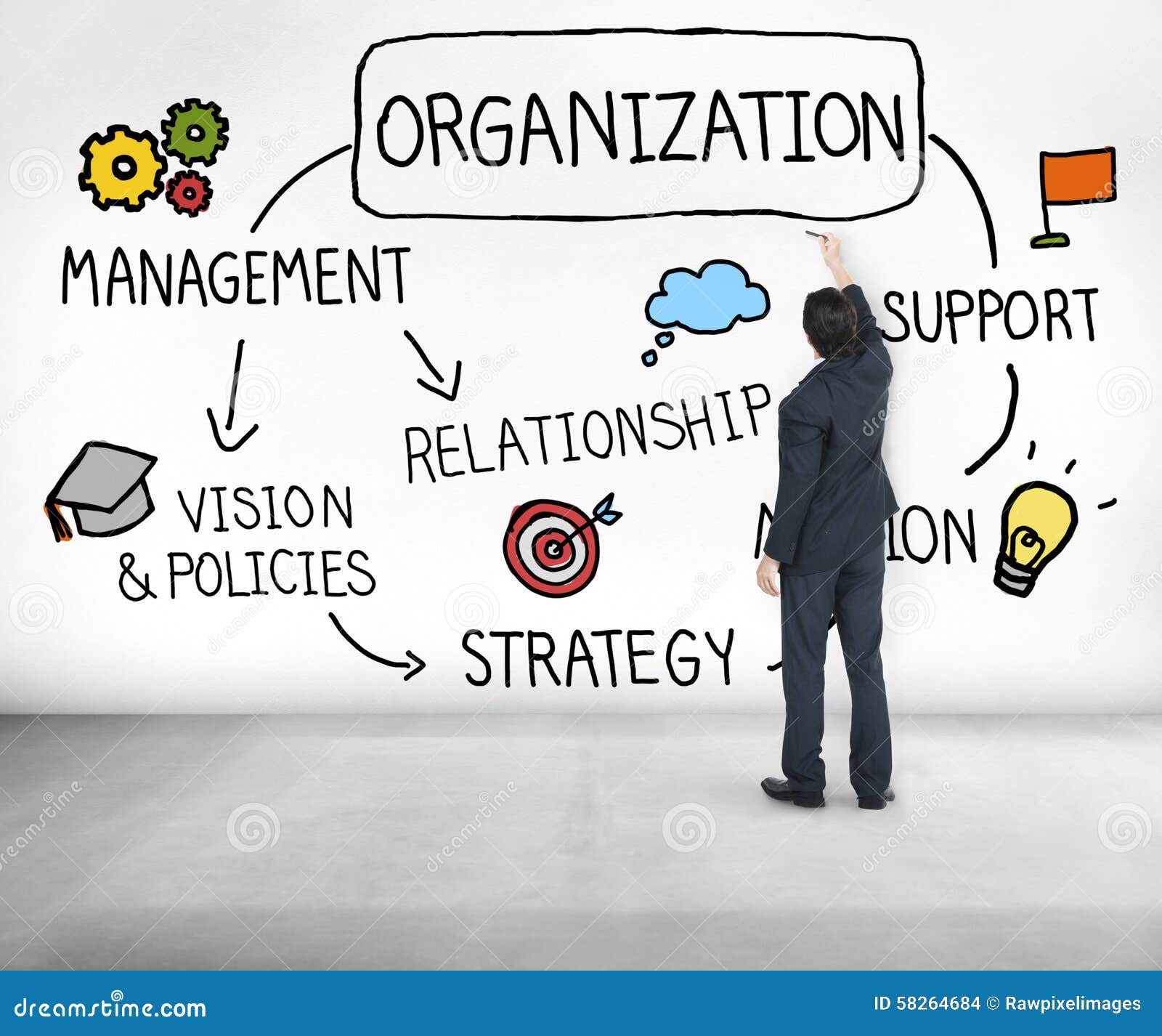Is a process of exchanging messages verbal or non-verbal to one person to another.
Communication is from the Latin word COMMUNICARE means to share
(1) Sender:
The person who intends to convey the message with the intention of passing information and ideas to others is known as sender or communicator.
(2) Ideas:
This is the subject matter of the communication. This may be an opinion, attitude, feelings, views, orders, or suggestions.
(3) Encoding:
Since the subject matter of communication is theoretical and intangible, its further passing requires use of certain symbols such as words, actions or pictures etc. Conversion of subject matter into these symbols is the process of encoding.
(4) Communication Channel:
The person who is interested in communicating has to choose the channel for sending the required information, ideas etc. This information is transmitted to the receiver through certain channels which may be either formal or informal.
(5) Receiver:
Receiver is the person who receives the message or for whom the message is meant for. It is the receiver who tries to understand the message in the best possible manner in achieving the desired objectives.
(6) Decoding:
The person who receives the message or symbol from the communicator tries to convert the same in such a way so that he may extract its meaning to his complete understanding.
7)( Feedback:
Feedback is the process of ensuring that the receiver has received the message and understood in the same sense as sender meant it.
What is Verbal Communication?
Verbal communication encompasses any form of communication involving words, spoken, written or signed. The converstion wae have with our coworker at lunch, the morning news or the sports page we read in the morning--even the text message you send to your spouse telling him to pick up some milk is a form of verbal communication. Our ability to communicate with a language that is based on an organized system of words, rather than merely sounds, is what sets us apart from lower species. Not only do we have language, but we also have the technology that enables us to communicate with one another no matter the physical distance.
What is Non-Verbal Communication?
Verbal communication coexists alongside non-verbal communication, which can affect people’s perceptions and exchanges in subtle but significant ways. Non-verbal communication includes body language, such as gestures, facial expressions, eye contact and posture. Touch is a non-verbal communication that not only indicates a person’s feelings or level of comfort, but illustrates personality characteristics as well. A firm handshake or warm hug indicates something very different than a loose pat on the back or a timid handshake does. The sound of our voice, including pitch, tone and volume are also forms of non-verbal communication. The meaning behind someone’s words is often entirely different than the literal translation, as is seen in instances of sarcasm and mockery. The clothing we wear and the way we design our living space are also forms of non-verbal communication that frequently shape people’s judgments about others, regardless of whether or not the perceptions are true.

THANKS FOR READING! MWA!

THANKS FOR READING! MWA!








